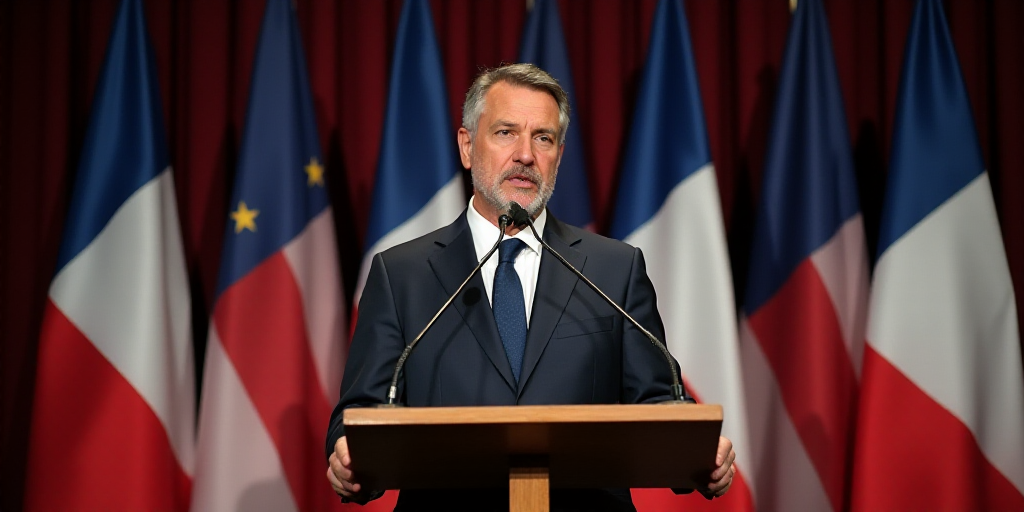Background and Relevance of François Bayrou
François Bayrou is the current Prime Minister of France, serving under President Emmanuel Macron. As a prominent figure in French politics, Bayrou is known for his centrist views and has been a member of various political parties, including the Union for French Democracy (UDF) and the Democratic Movement (MoDem). His experience in both local and national politics positions him as a key player in shaping France’s economic policies.
Bayrou’s Plan to Address Budget Deficit
In an effort to tackle the significant budget deficit of nearly €44 billion (approximately $51 billion), Prime Minister François Bayrou announced that he will seek a confidence vote in the National Assembly on September 8. This move aims to endorse his plan for budgetary cuts and demonstrate the government’s commitment to reducing the deficit.
Context and Impact of the Budget Deficit
France faces an immediate threat from its high level of public debt, which has reached dangerous proportions. Bayrou emphasized the need to address this “imminent danger” of over-indebtedness during a press conference. He highlighted that the borrowed funds were misused for routine expenses instead of being invested in crucial areas.
Opposition and Potential Consequences
Following Bayrou’s announcement, several political parties expressed their opposition to the confidence vote. La France Insoumise (LFI), the French Communist Party (PCF), and the Ecologists all stated their intention to vote against the government, claiming that this confidence vote is essentially a resignation. Meanwhile, the National Rally (RN) also declared they would not support the confidence vote, predicting “the end of the government” depending on the stance of the Socialist Party (PS).
Key Questions and Answers
- What is the main issue at hand? The primary concern is addressing France’s substantial budget deficit of nearly €44 billion, which poses a significant threat to the country’s financial stability.
- Who is François Bayrou, and why is he relevant? François Bayrou is the current Prime Minister of France, known for his centrist views and experience in both local and national politics. His role is crucial in shaping the nation’s economic policies.
- What is Bayrou’s plan to tackle the deficit? Bayrou aims to implement budgetary cuts and promote a four-year plan to regain control over public debt by reducing spending and increasing production.
- Which political parties oppose Bayrou’s confidence vote? La France Insoumise (LFI), the French Communist Party (PCF), Ecologists, and National Rally (RN) have all expressed their opposition to the confidence vote.
- What are the potential consequences of the vote? If Bayrou fails to secure the confidence of the National Assembly, it could lead to his government’s downfall and potentially destabilize France’s political landscape.
Additional Context and Implications
The upcoming confidence vote comes after the dissolution of the previous National Assembly in June 2024, leading to a new assembly with President Macron’s preferred factions and the right-wing parties forming a “common government base.” However, this coalition does not hold a majority in the current assembly.
Bayrou’s proactive approach to addressing the budget deficit aims to avoid a fate similar to his predecessor, Michel Barnier, who was ousted after only three months in office. By seeking a confidence vote early on, Bayrou hopes to secure support for his austerity measures and demonstrate his commitment to restoring fiscal responsibility in France.






